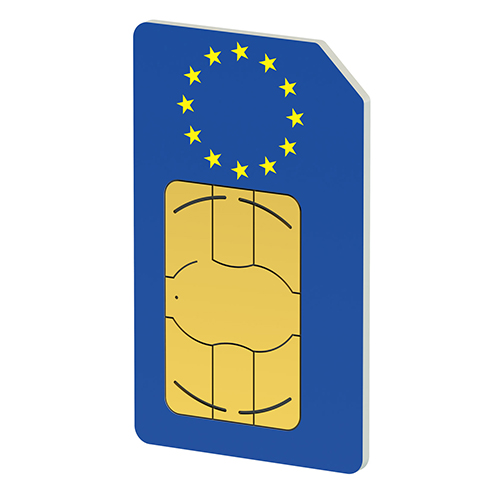EENA welcomes move to make public warning mandatory for all EU member states
On November 14, the European Parliament voted in favour of establishing a European Electronic Communications Code (EECC) and a body of European regulators for electronic communications. The European Emergency Number Association (EENA) has released a briefing, noting that this legislation is: “One of the most important for European safety, with provisions on public warning, emergency location, accessibility and more.”Just one day after the third anniversary of the Paris terrorist attacks, the European Parliament made modern public warning (or reverse 112) obligatory for all member states. Citizens in a high-risk area will be able to receive an SMS or alert on their mobile phone in case of an emergency, informing them what is happening and how to remain safe.

Benoit Vivier, Public Affairs Manager at EENA, says that until now, Europe has had some shortcomings: “Take any of the large emergencies in Europe and you will realise that in most cases modern public warning was not in place,” he said. “We have the means and the technology, but we have largely failed to put them to good use. The new legislation ensures that from now on we do.”
Levent Altan, Executive Director at Victim Support Europe, shared the same feeling: “We want a Europe that puts safety first and the new legislation is an important step in that direction,” he said. “Modern public warning will provide people with the right information at the right time, leading to fewer victims and more lives saved.”
EENA also spoke with Dita Charanzova, Czech Member of the European Parliament and IMCO Rapporteur for opinion on the legislation who explained: "As we mark the Paris attacks, and hope that such events never happen again, we must better prepare ourselves if they do. Europe's new mobile public warning system will be an important tool in making sure that citizens get accurate information and instructions. Quick, reliable information will help to save lives. I am proud to have had an important role in getting this adopted and I only hope that Member States will put the system in place even before the deadline to act."
The EECC is a binding legislation; all member states will need to implement it within two years (unless otherwise stated for specific provisions that require more time). The legislation also covers emergency caller location, accessibility for people with disabilities, access to 112 from online platforms, and more.
“Implementation is going to be key” Vivier insisted. “Member states need to carry out the provisions in a timely and effective manner. Otherwise, citizens will miss a big opportunity.”
EENA has prepared a document summarising the legislation, focusing on the 112 service. You can download the briefing here.